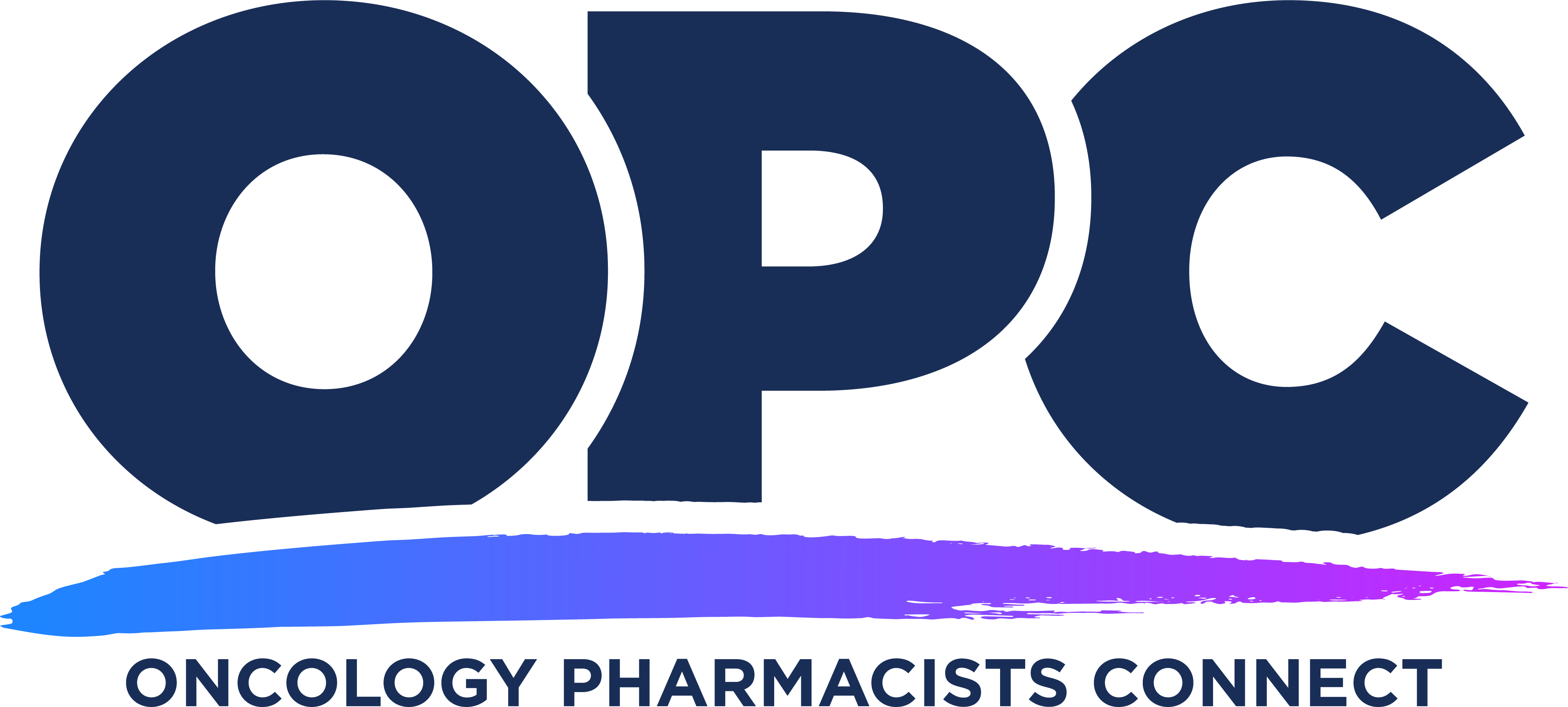
Pharmacy Practice in Focus: Oncology
- June 2025
- Volume 7
- Issue 4
Evaluation of a Pharmacy-Delivered Oncofertility Intervention

Key Takeaways
- Fertility preservation is essential in cancer care but often overlooked, with many patients missing timely discussions on reproductive risks and options.
- Walgreens Specialty Pharmacy's study found only 13% of patients received fertility preservation consultations, highlighting communication gaps in oncology care.
This abstract will be presented at the Oncology Pharmacists Connect (OPC) meeting in Austin, Texas, from June 19 to 20, 2025.
Fertility preservation remains a critical yet often overlooked component of comprehensive cancer care, especially among patients of reproductive age. Despite established guidelines recommending early counseling on reproductive risks and preservation options, real-world data continue to show missed opportunities for timely discussions.
At the
Abstract
Background
Cancer treatments vary in their likelihood of affecting the future reproductive abilities of patients. Approximately 40% to 80% of patients with cancer who are assigned female at birth face possible infertility as a result of their cancer treatments, such as chemotherapy, radiation, and surgery. An additional 15% to 30% of cancer survivors who are assigned male at birth also face infertility as a result of chemotherapy. Therefore, it is imperative that, as health care providers, we educate patients on available fertility preservation (also termed oncofertility) techniques at the time of their cancer diagnosis. Although not all medications used in cancer treatment are considered gonadotoxic, some treatments do have the potential to cause long-term infertility through damage to the testes.
Materials and Methods
This study design was descriptive, nonexperimental, and retrospective. Records from patients who received oncology treatment from Walgreens Specialty Pharmacy from December 2023 to October 2024 were analyzed to determine the percentage of patients who opted for a fertility preservation counseling session.
Results
A total of 807 patients were classified as patients with cancer who were new to therapy during this period and were asked about a fertility preservation conversation. Additionally, 556 patients (69%) felt a conversation was not necessary, 146 patients (18%) stated their oncologist had not discussed it with them, and 105 patients (13%) stated they did have a consultation with a fertility specialist.
Conclusion
This study supports already published data that opportunities still exist to counsel newly diagnosed oncology patients on their fertility preservation options. Additionally, the intervention shows that pharmacists are another resource patients could look to as a solution to a general lack of awareness among oncology clinicians and patients. Moreover, pharmacy team members can educate patients on financial assistance resources, which have also been reported as a major barrier to fertility preservation.
About the 2025 OPC Meeting
At this year’s OPC meeting, attendees will have the opportunity to showcase clinical research and practice management insights or explore the latest advancements in oncology pharmacy during the poster session and networking reception. These events foster innovation, collaboration, and professional growth within the oncology pharmacy community. Participants can present their work, exchange ideas, and connect with leaders in the field during these networking opportunities.
Prior to the start of OPC on June 19, participants are invited to attend the Hematology/Oncology Pharmacy Association (HOPA) BCOP Program in person on June 18. HOPA has selected 4.0 CE hours from BCOP Updates 2024 and the Annual Conference 2025, featuring topics such as acute leukemia, cellular therapy for solid tumors, and the pharmacist’s role in serious illness conversations. Additional information is available
Articles in this issue
Newsletter
Stay informed on drug updates, treatment guidelines, and pharmacy practice trends—subscribe to Pharmacy Times for weekly clinical insights.


























